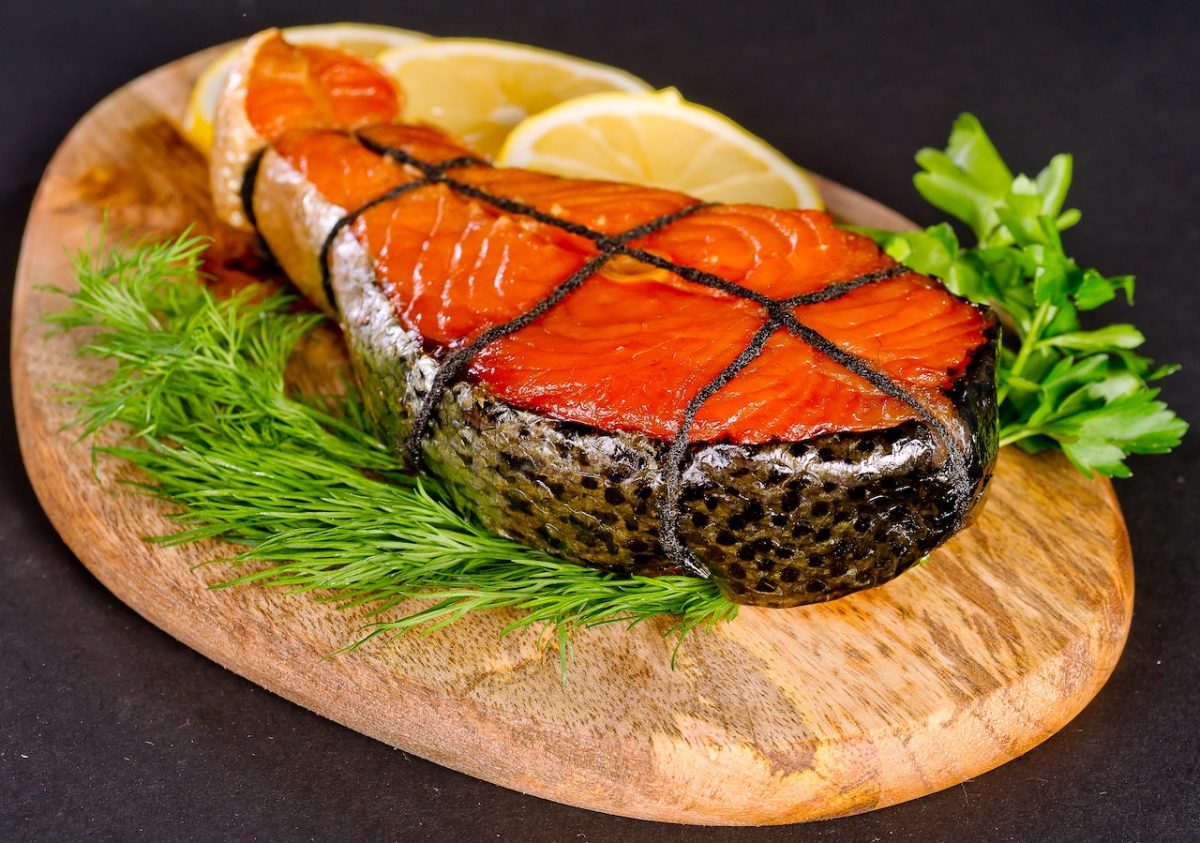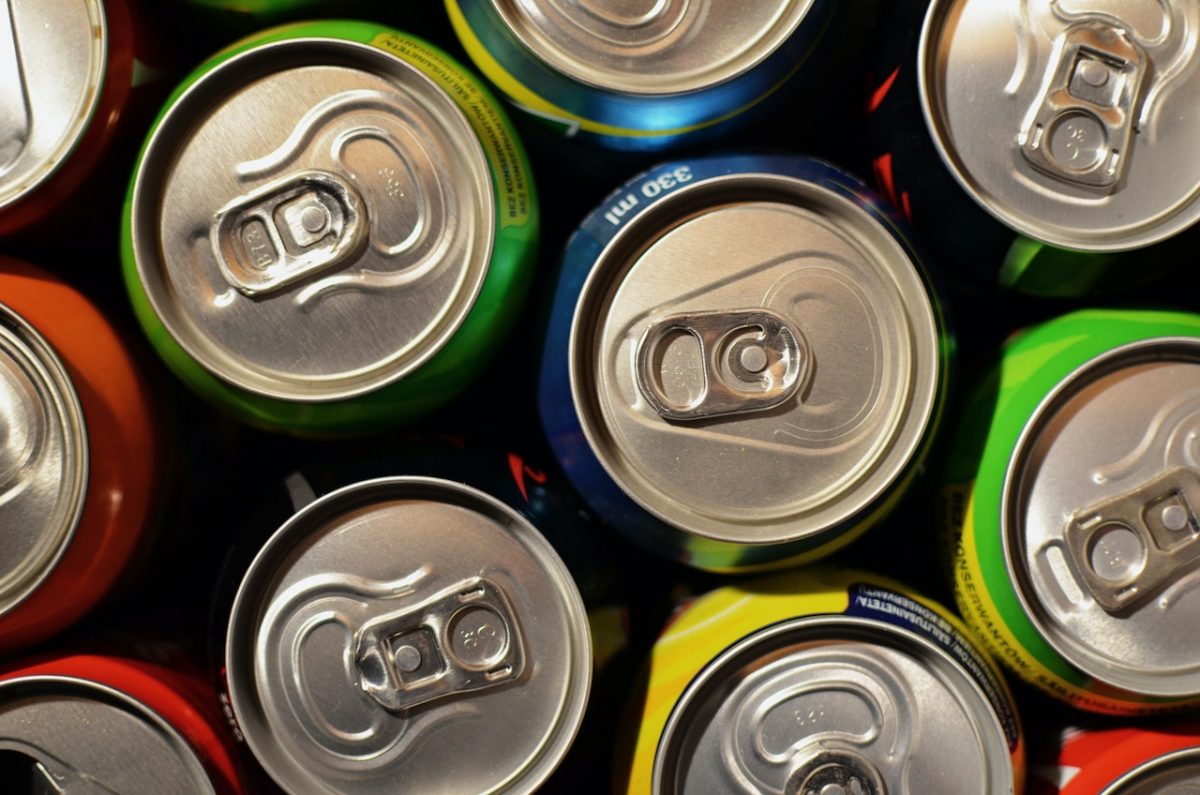It is said that as many as 6% of people are slightly dehydrated throughout the day. Just how much do you drink? Eighty percent of people report feeling somewhat dehydrated in the morning and this continues throughout the day. Many people do not drink enough water for several reasons, you may not like the taste of water, it is inconvenient to drink a large quantity of water and you may not be able to get to it during the work day. While the industry has come up with thousands of flavored and high-priced waters, most of them are just cheaper and less efficient than tap water. Do you ever wonder about the number one reason that most people do not drink enough water and why this address such a large issue?
One of the most common reasons is that most people are not aware of just how important water is to the body and how much it can do.
The body is mainly made up of water, about 60-70% of its volume is water and the body needs water to function. Water is an essential component of blood,It is required for the delivery of nutrients throughout the body and is needed for the removal of waste products. Water also helps to regulate body temperature through perspiration.
The importance of water in the body is similar to oxygen, the body uses oxygen in combination with carbohydrates and proteins to create energy that is used for all cellular processes. Without water, the body is unable to release energy from protein, carbohydrates and fats. In fact, water is required for the transportation of oxygen in the body and without oxygen we would die in just a few days.
The importance of water to the body can be summed up to say that without water, our bodies simply would not exist. They are made up of 17,500 different molecules that combine to create the over 700 known enzymes, hormones, vitamins, and minerals that are essential to maintaining health. Without water, our bodies simply could not function in optimal form.

Of course water is vital, but what if we tried living on air alone? What would our bodies respond?
For that matter, what if we tried living on air alone? What would our bodies do? Well, the answer is very simple-they would become like the objects we observed earlier, weary and overloaded with toxins.
However, the oxygen is not the only essential element in the mix. Our bodies must also receive the nutrients delivered by the enzymes in our four large, nutrient-filled landscaping systems. These are the systems that make our food production, distribution, and storage possible.
We obtain the oxygen we need from the air we breathe and the food and drink that we take in. The air that we and our bodies breathe is filled with many different oxygen molecules (monooxygen) that are combined to make the compound oxygen. These molecules are absolutely paramount to the proper functioning of our bodies and all physical and chemical reactions that result in energy consumption or waste production must require these molecules as catalysts.
The digestive system is the first and last function caused by the necessity to extract these molecules from the air we breathe. For this reason, the digestive system requires water in order to flush out waste product and to digest the millions of different molecules needed to make each and every meal.
One of the many jobs of the stomach is to secrete the stomach acid that breaks down food. This acid is required to digest protein, starch and fat but is also required to digest carbohydrates. The amount of stomach acid required to digest a particular food varies from one individual to another, from a low level of acid at one extreme to a high level of acidifier at the other extreme. Therefore it is not necessary to take additional stomach acid to produce the digestive processes we all need to perform efficiently. The body will provide when there is enough natural stomach acid.
The second function is the metabolic rate: the speed at which the food we eat is converted into energy and used by the body. There are people who chew their food fast, especially in the morning, and eat only a few bites of food, crushing and chewing each bite as she bites into the food. This puts more stress on the esophagus and causes it to close sooner.
Eating whole, natural, fresh food is the most effective way to increase the metabolize acid levels in your body and to keep your stomach acid levels at or below the critical level that causes the esophagus to close.
When you chew your food, if you are not sure whether you are swallowing or chewing your food properly, you wind up swallowing most of it. You should instead chew your food slowly, and naturally, for three seconds minimum, and then swallow.



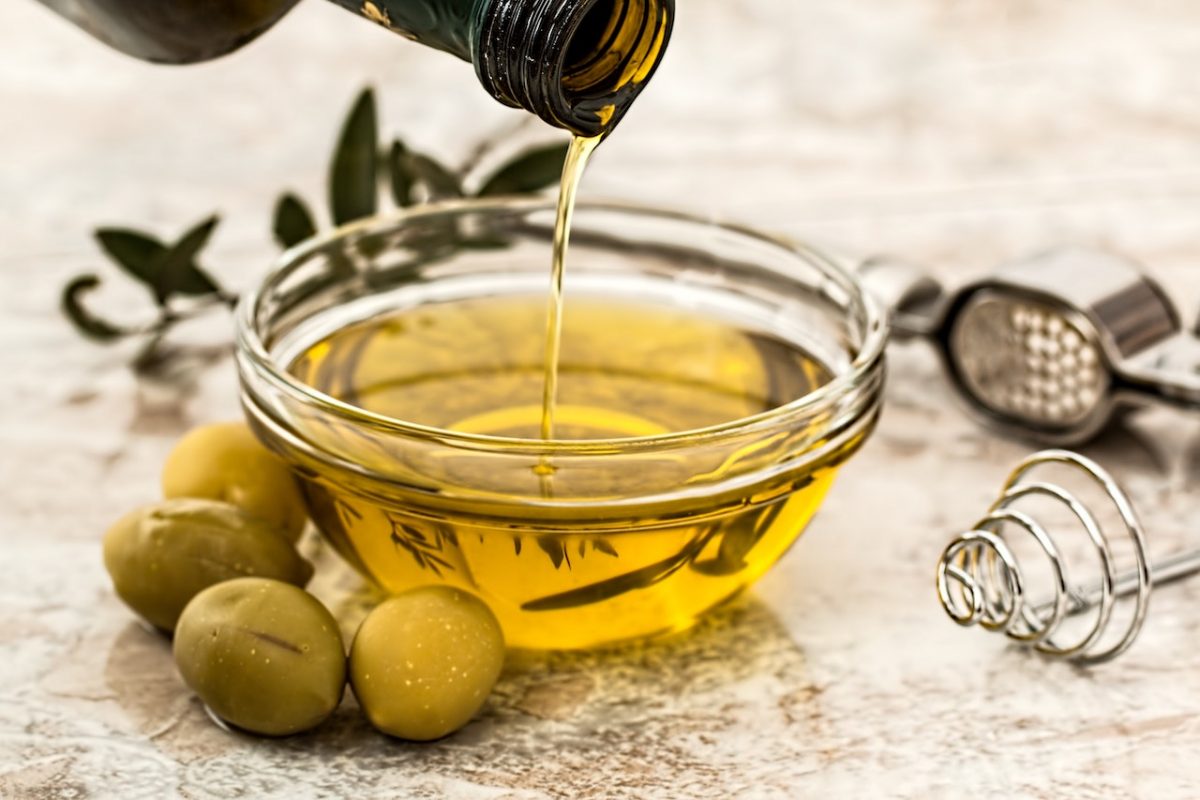
 Your options with soy are many, and while some are not beneficial to you health, others can actually be beneficial. Like other oils, soybean oil contains trans fatty acids, and trans fatty acids are bad for your heart. Trans fatty acids are believed to be the culprits in elevated “bad” cholesterol levels. By controlling the amount of trans fatty acids in your diet, you can reduce the risk for elevated levels. If you want to use soybean oil, is definitely the best option.
Your options with soy are many, and while some are not beneficial to you health, others can actually be beneficial. Like other oils, soybean oil contains trans fatty acids, and trans fatty acids are bad for your heart. Trans fatty acids are believed to be the culprits in elevated “bad” cholesterol levels. By controlling the amount of trans fatty acids in your diet, you can reduce the risk for elevated levels. If you want to use soybean oil, is definitely the best option.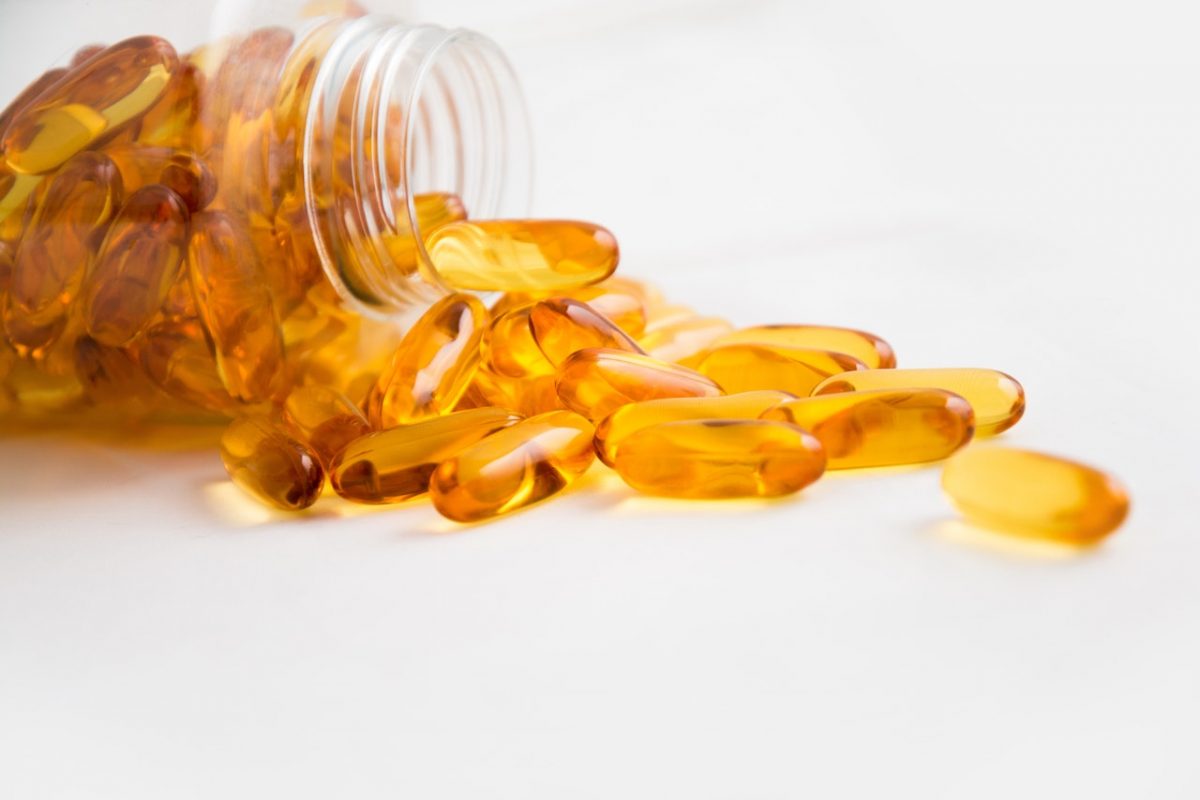

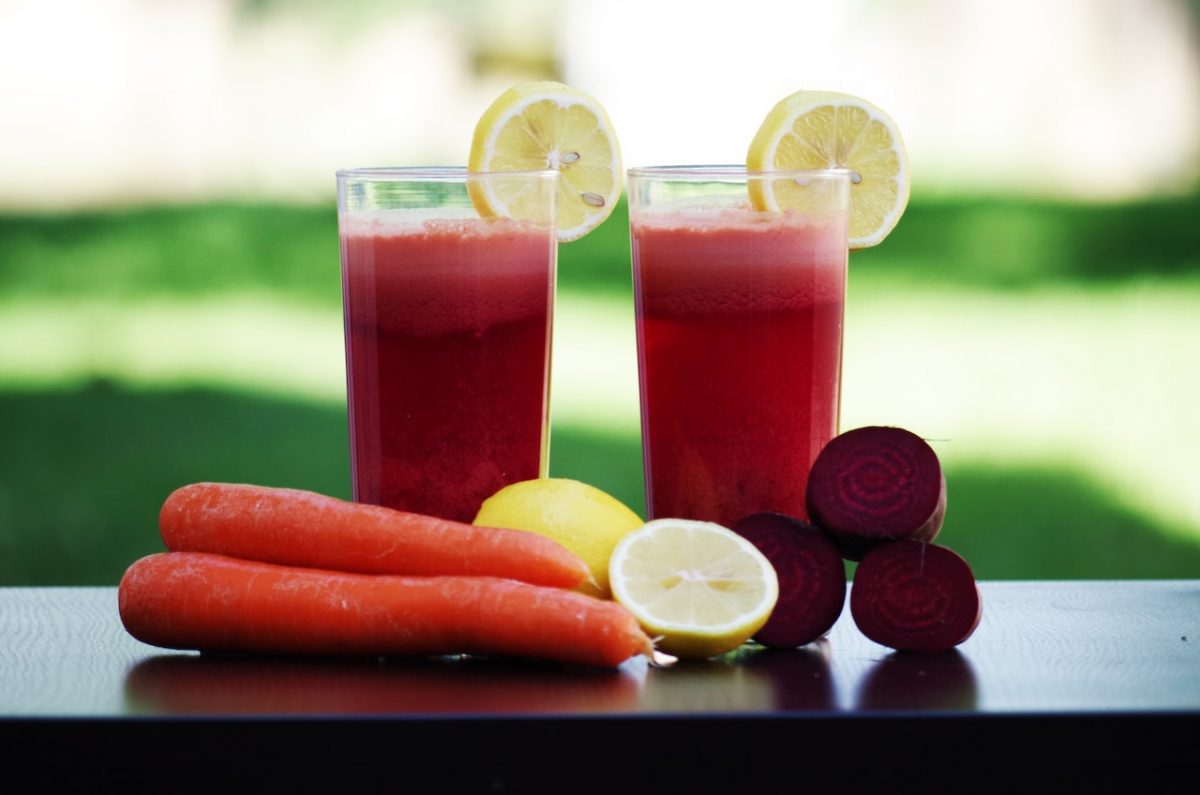
 The latest juice drinks have added marvels of taste to traditional juice drinks. These new additions combine the goodness of juice with a pungent taste that will have an impact on the taste buds of today’s generation. Here are a few of the newest innovations in juice drinks.
The latest juice drinks have added marvels of taste to traditional juice drinks. These new additions combine the goodness of juice with a pungent taste that will have an impact on the taste buds of today’s generation. Here are a few of the newest innovations in juice drinks.